The new AMD Threadripper 7000 series CPUs are here, offering significant perforamnce gains in DaVinci Resolve. But, is it enough for AMD to take the lead over Intel Xeon W?
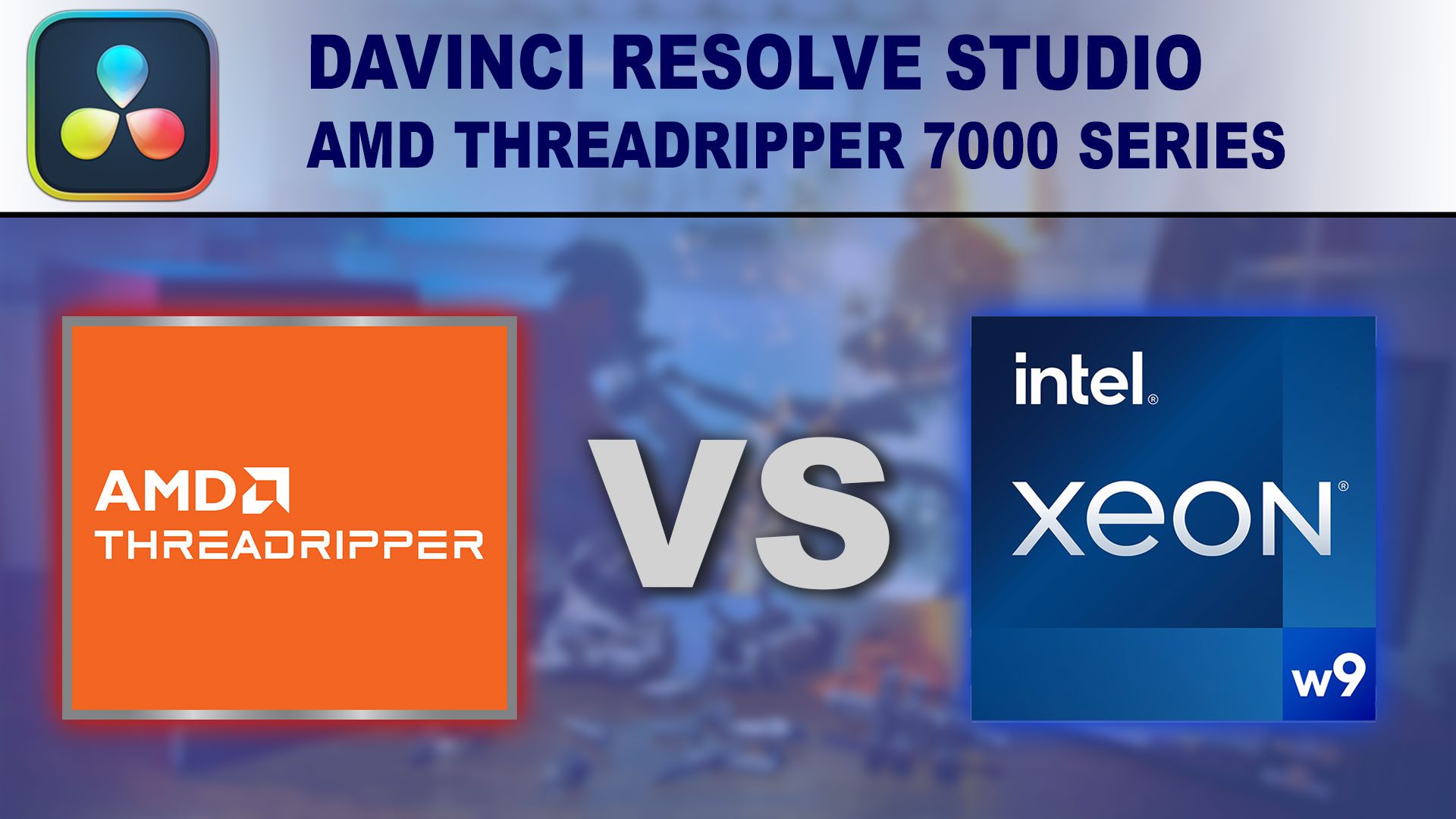

The new AMD Threadripper 7000 series CPUs are here, offering significant perforamnce gains in DaVinci Resolve. But, is it enough for AMD to take the lead over Intel Xeon W?
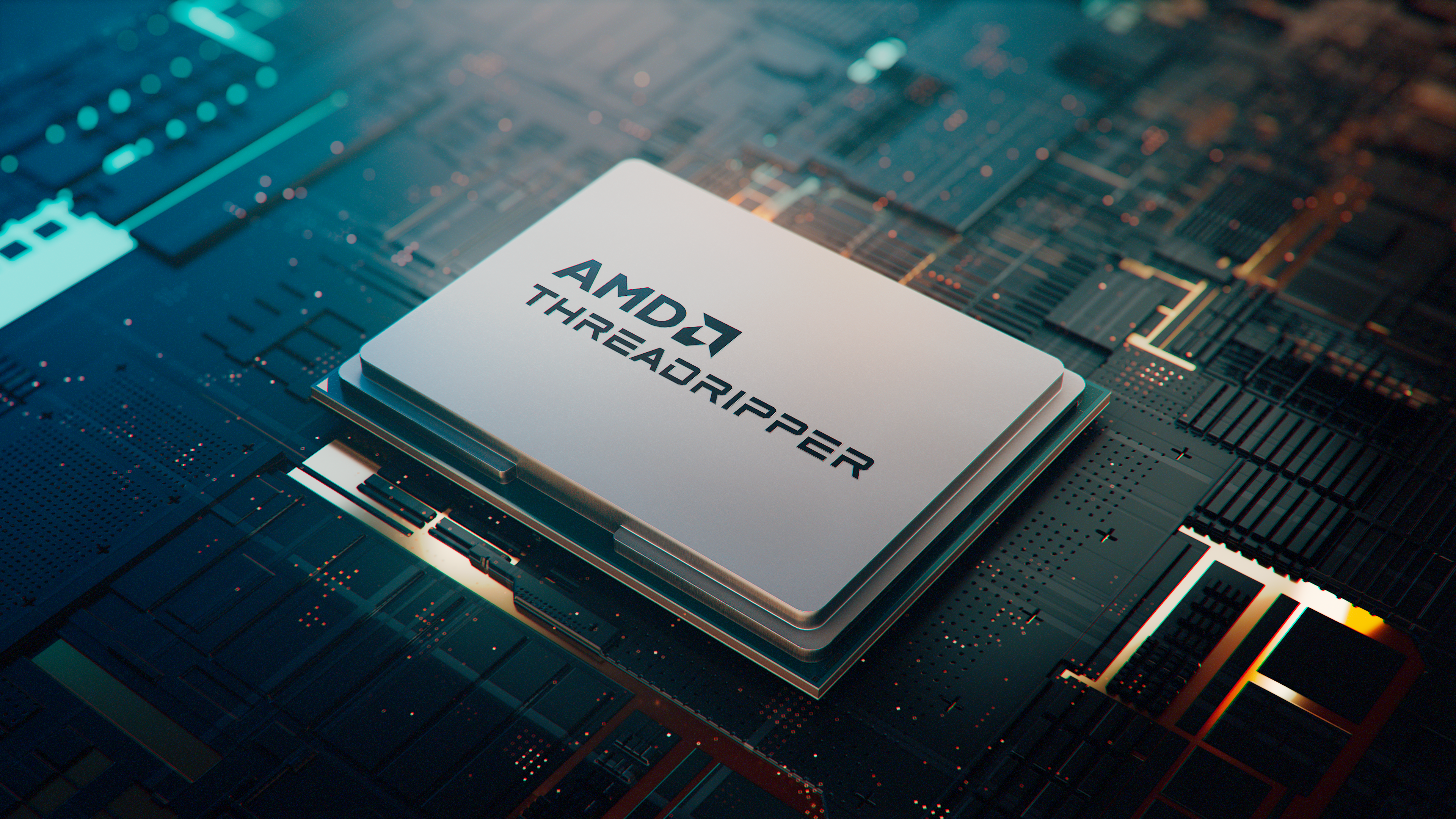
AMD announced Threadripper and Theradripper PRO 7000-Series CPUs. How do the two compatible chipsets, TRX50 and WRX90, compare?
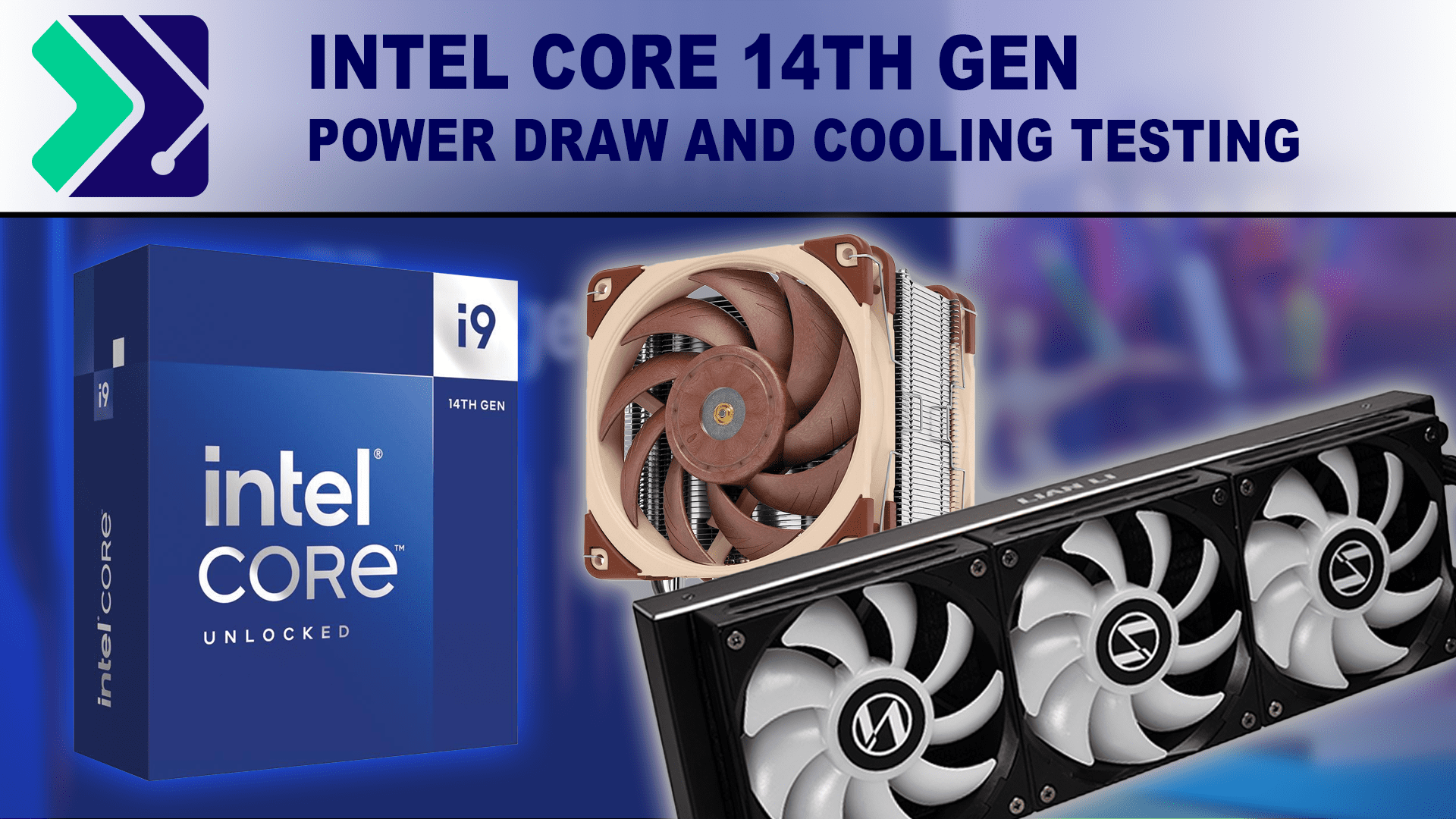
In this article, we examine the impact that power limits and large coolers have on content creation performance for the 14900K.

The new Intel Core 14th Gen processors are a refresh update of the previous 13th Gen processors. But, how much faster are they for content creation workflows?
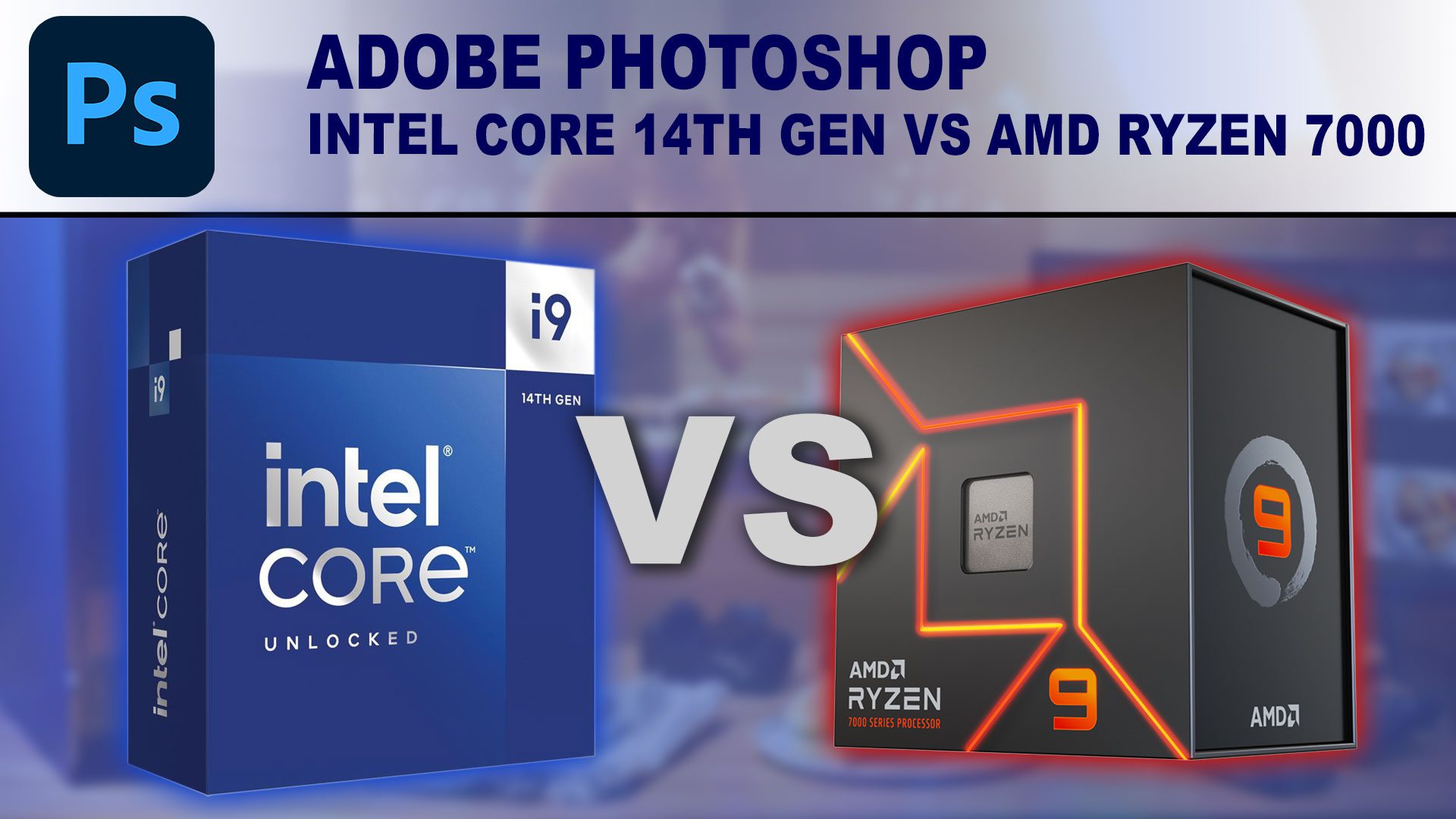
Intel typcially holds a small lead in lightly threaded applications like Photoshop, but will the new Intel Core 14th Gen processors allow them to extend this lead even more?
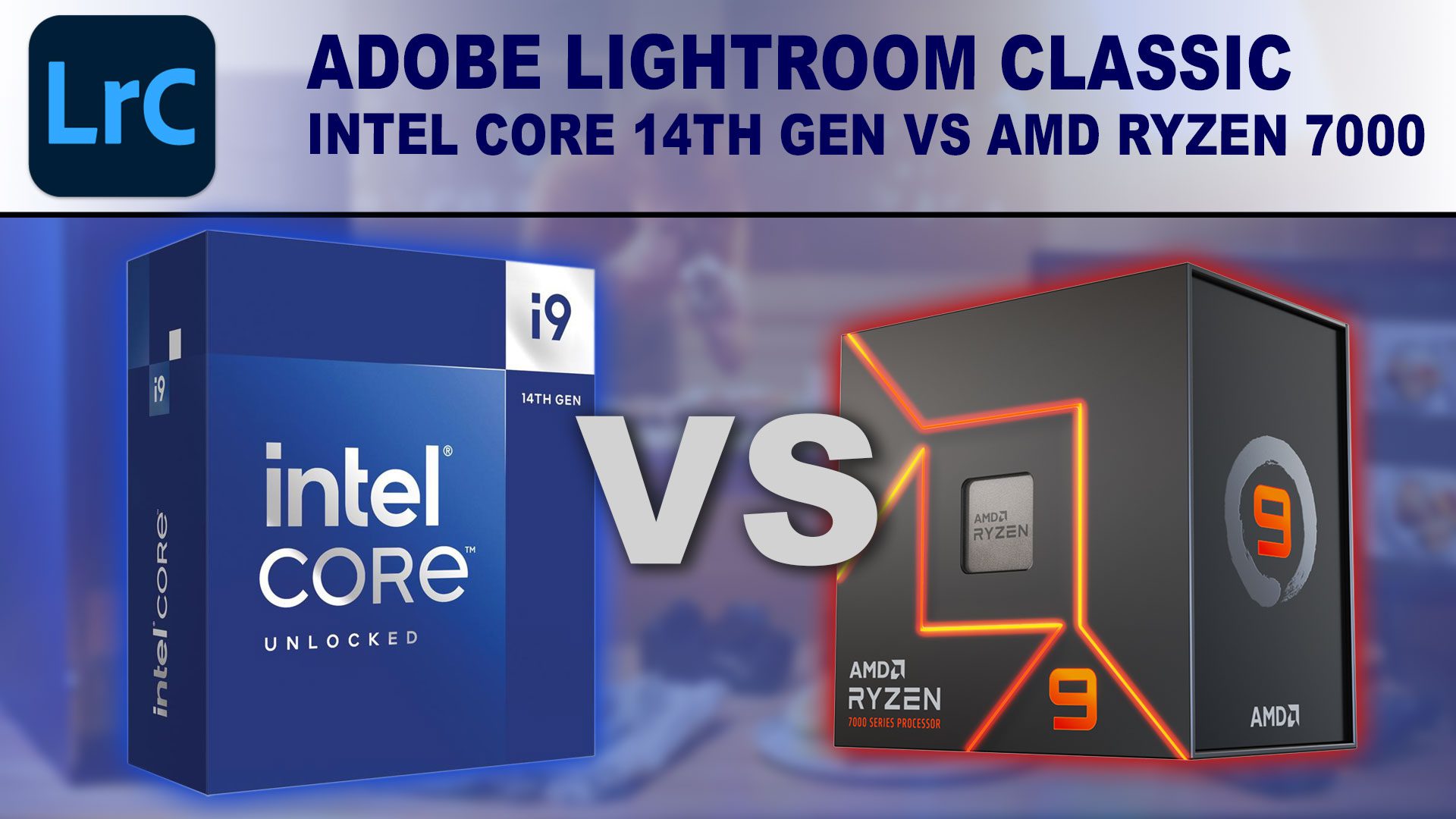
Intel and AMD have recently performend nearly on par in Adobe Lightroom Classic, but are the new 14th Gen Intel processors enough for Intel to take a solid lead?
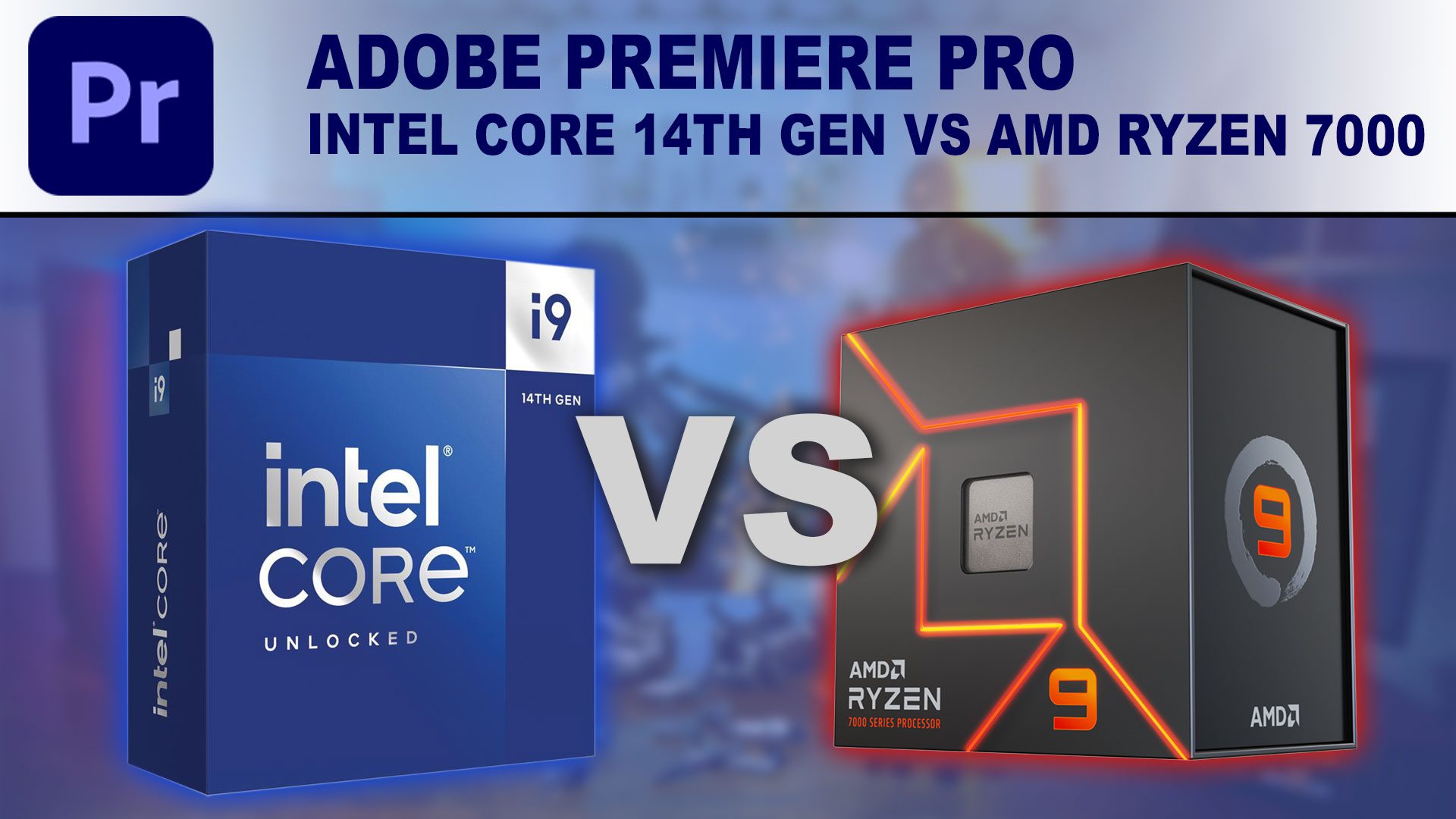
Intel Core processors typically hold an edge over AMD in Premiere Pro due to Quick Sync, but how well do the new 14th Gen processors perform?
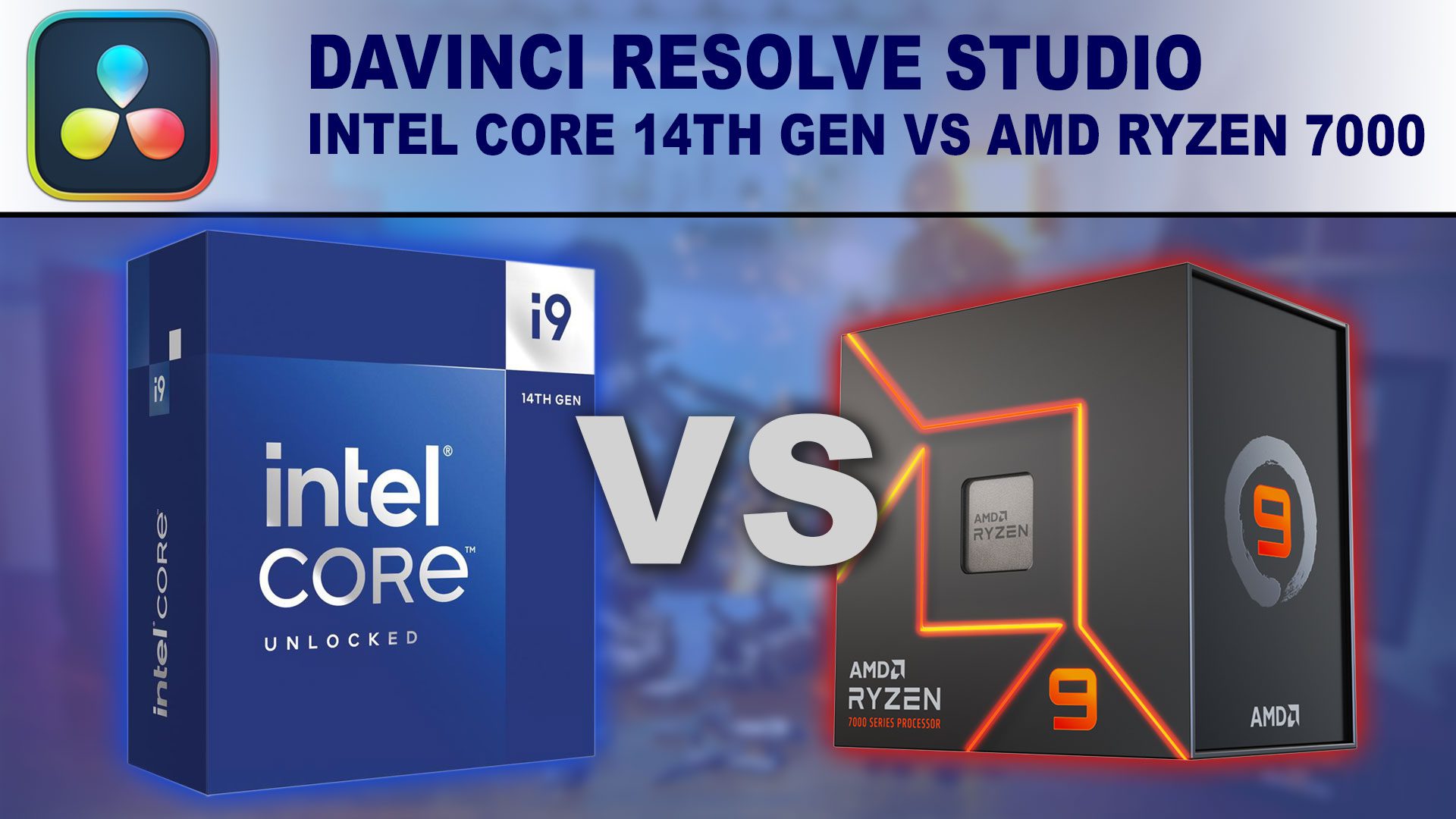
14th Gen Intel processors are here, and are drop-in replacements for 12th & 13th Gen Core processors. Intel usually holds a lead in NLEs due to Quick Synch, but how well do these new CPUs perform in DaVinci Resolve?
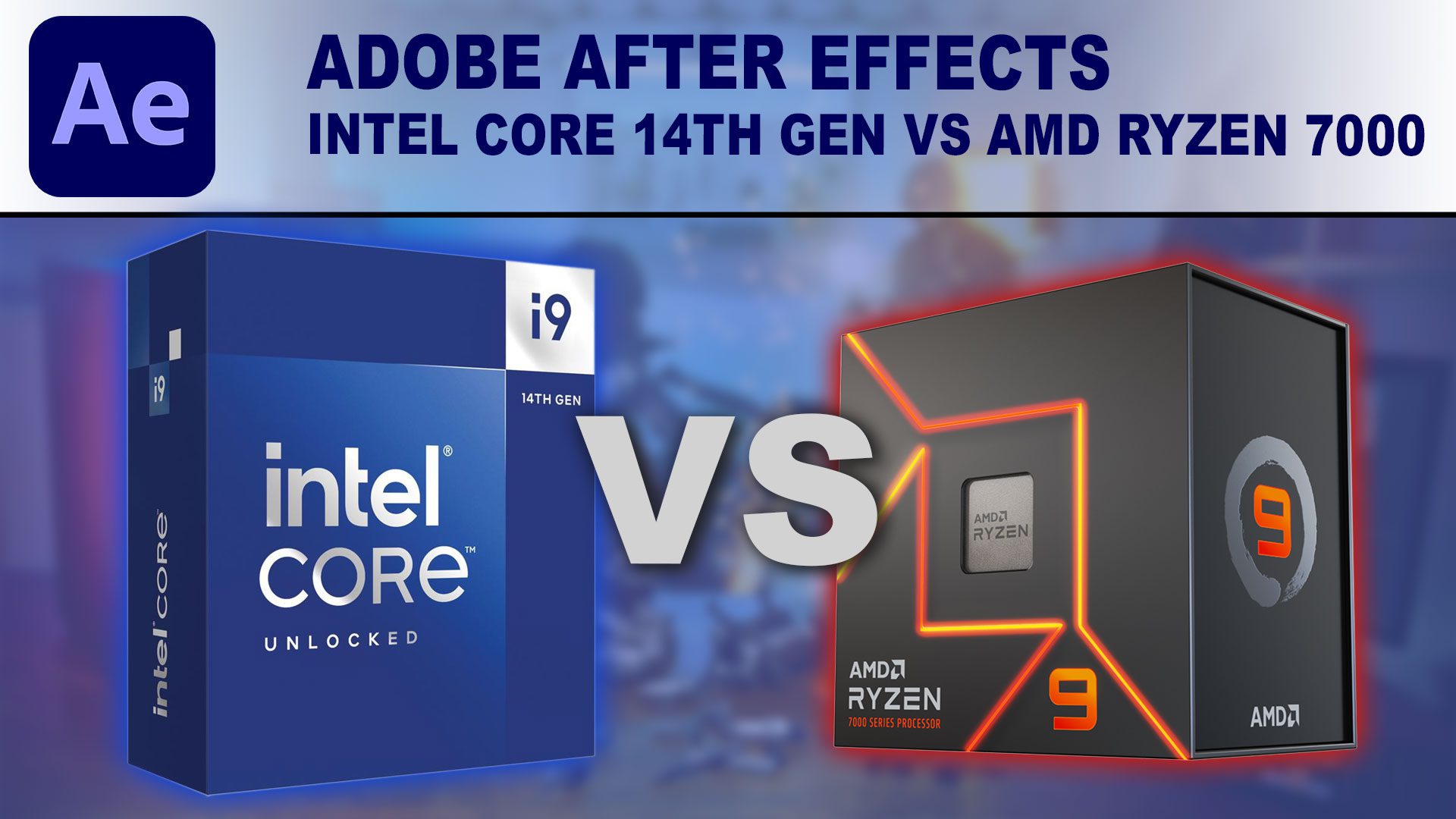
14th Gen Intel processors have launched, offering a modest increase in performance. How well do they perform in After Effects, and will they extend Intel’s lead in this segment?
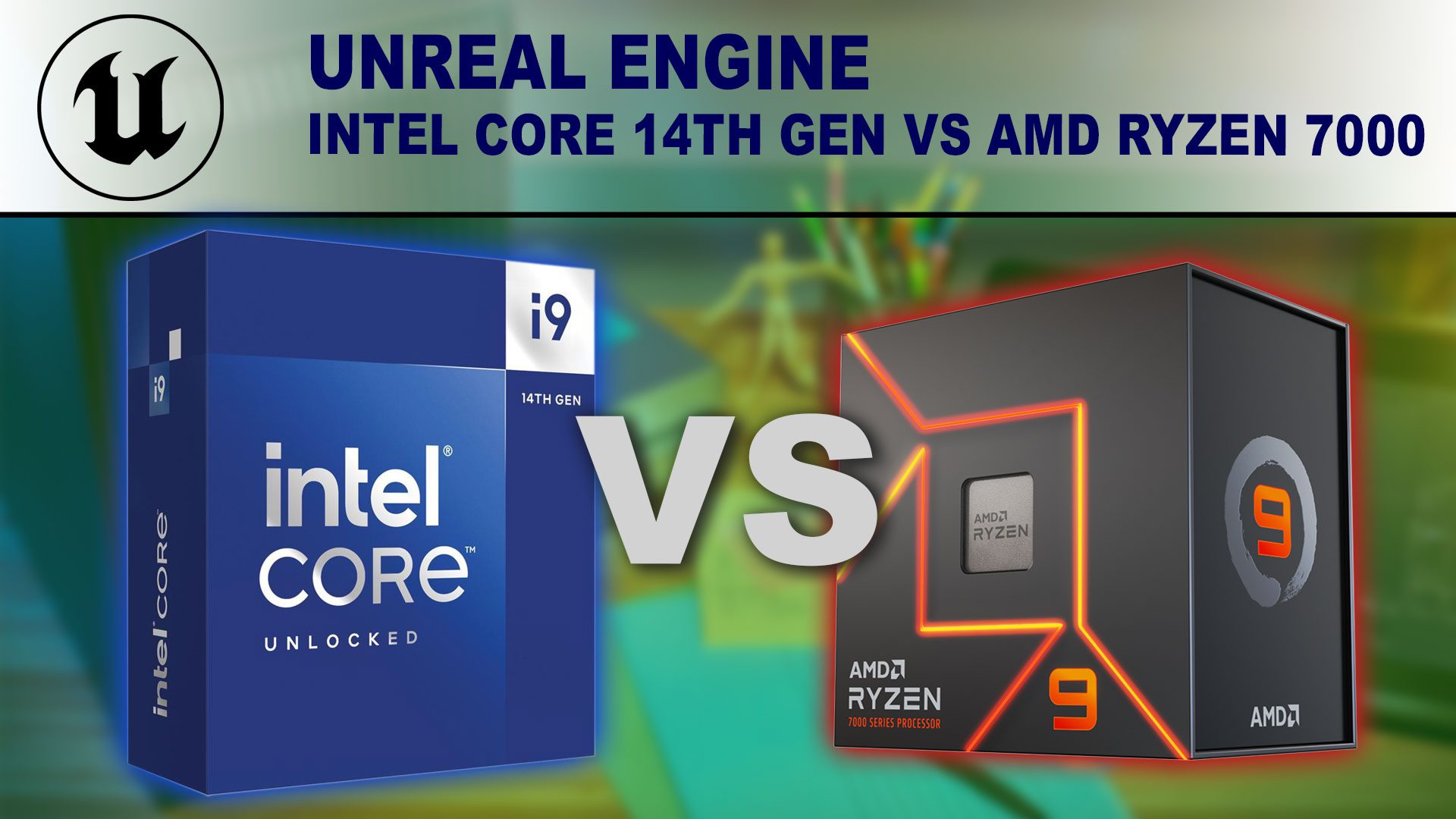
14th Gen Intel processors have launched and are drop-in replacements for 12th & 13th Gen Core processors. How well do they perform in Unreal Engine?